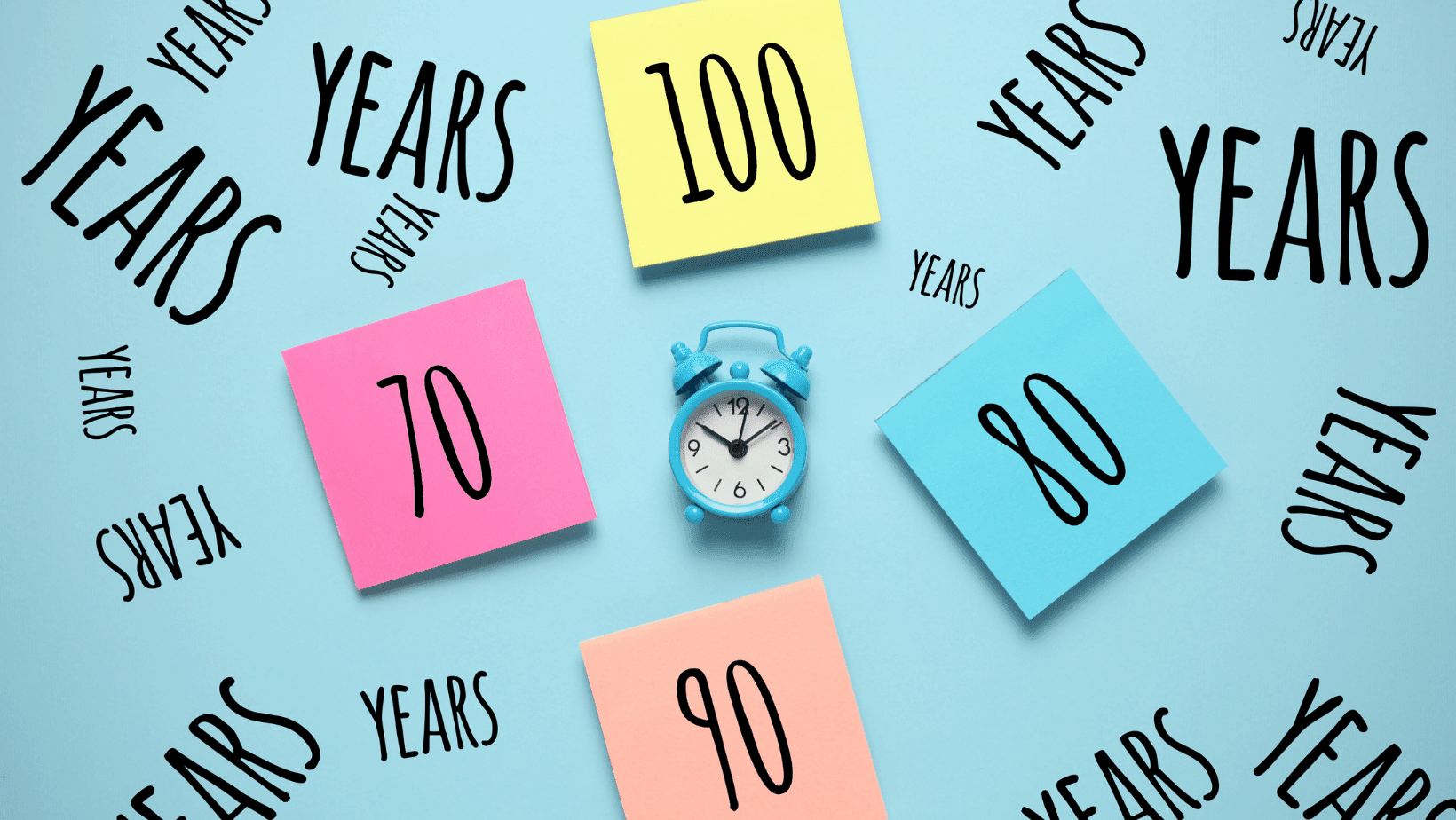Did you know that there are more than six hundred muscles in the body? It’s these muscles that help you with activities like moving, lifting up things, breathing, or even pumping blood in the body. As we age our muscles undergo progressive changes, primarily involving loss of muscle mass and strength.
There are different types of muscles in the body, for instance, skeletal muscles that connect to the bones through tendons. Smooth muscles, also known as involuntary muscles work in an individual’s digestive system to push waste and move food along a long the gut. Smooth muscles keep the eyes focuses without you needing to think about that.
The heart itself is a muscle or cardiac muscle that has specialized involuntary movements needed to pump the blood through an individual’s body or changing the speed of pumping blood to keep up with increasing demands for blood circulation. That’s why your heart pumps blood faster when you play or do strenuous work. When your muscles are strong, it helps maintain your joints in good shape. Strong cardiac muscles help with blood circulation and heart function. You won’t likely slip or fall if your muscles are strong because you can keep balance.
Changes in Muscle
Muscle loses size and strength as we get older, which can contribute to fatigue, weakness and reduced tolerance to exercise. This is caused by a number of factors working in combination, including:
*Muscle fibers reduce in number and shrink in size.
*Muscle tissue is replaced more slowly and lost muscle tissue is replaced with a tough, fibrous tissue. Changes in the nervous system cause muscles to have reduced tone and ability to contract.
Changes in Joints
They are cushioned by cartilage that lines your joints (articular cartilage), synovial membranes around the joint and a lubricating fluid inside your joints (synovial fluid).
As you age, joint movement becomes stiffer and less flexible because the amount of lubricating fluid inside your joints decreases and the cartilage becomes thinner. Ligaments also tend to shorten and lose some flexibility, making joints feel stiff.
Changes in Bone
Bone is living tissue. As we age, the structure of bone changes and this results in loss of bone tissue. Bones become less dense as we age for a number of reasons, including:
*Hormonal changes – in women, menopause triggers the loss of minerals in bone tissue. In men, the gradual decline in sex hormones leads to the later development of osteoporosis.
*Bones lose calcium and other minerals. An inactive lifestyle causes bone wastage.
Some age-related changes, such as wrinkles and grey hair, are inevitable. It was once thought that changes to muscles, bones and joints were unavoidable too. However, researchers now suggest that many factors associated with ageing are due to inactivity, and that performing physical activity can help to reduce or reverse the risk of disability and chronic disease.
Here are some Antiaging Peptides for you:
Nature’s Marvels – Muscle Bioregulator with Gotratix 20 Caps - Qi Supplements
Nature’s Marvels – Bone Marrow Bioregulator with Bonomarlot 20 Caps - Qi Supplements
Nature’s Marvels – Muscle Bioregulator with Gotratix 20 Caps - Qi Supplements
Nature’s Marvels – Cartilage Bioregulator with Sigumir 20 Caps - Qi Supplements



![Palmitoylethanolamide (PEA) Supplement Guide: Benefits, Dosage & Complete Science Review [2026]](http://qisupplements.com/cdn/shop/articles/Yolk-Eggs_28998241-4462-4b45-8d53-8ef5c31f18d4.jpg?v=1770944354&width=1080)

